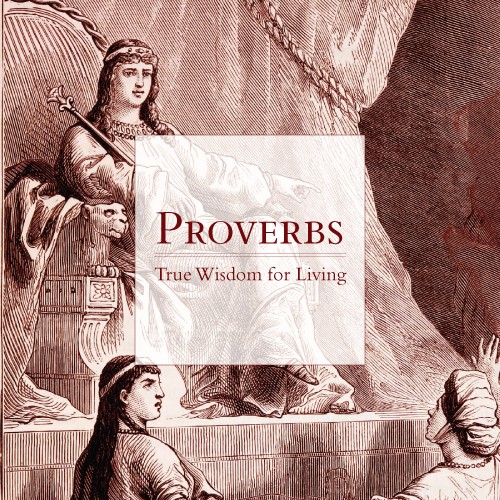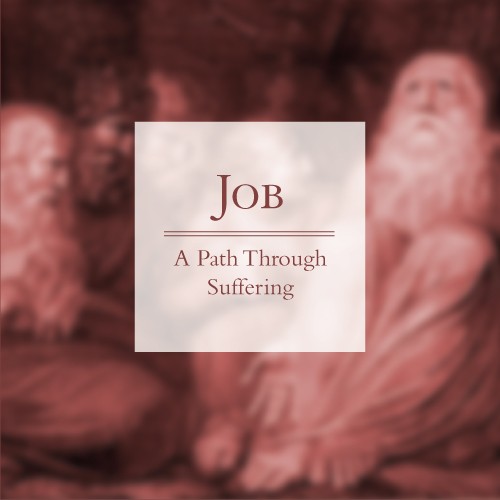
Let Them Give Up Their Violence
Tim Keller | October 7, 2001
Overview
The book of Jonah is awfully relevant to our situation, especially today. Jonah has been asked to go to the capital of Assyria, the great rising, emerging imperial world power. It was a violent place. It slaughtered helpless people. Jonah’s response to that is anger. He wants them punished. He is angry at them for their violence. Yet, in one of the great surprises in all of biblical narrative, there’s probably no more surprising turn than what we see in this book.
God refuses to accept either the violence of Nineveh or the poisonous anger of Jonah. Let’s take a look and see what this text tells us about violence. First, the surprising sources of violence. Second, the remarkable strategy we should take with violence. And then lastly, the ultimate solution for violence.
Outline
Jonah 3:1–4:5
The book of Jonah is truly relevant today, given the violence we see in the world. It tells the story of Jonah, who is sent to a violent city, and his struggle with anger and desire for revenge. However, the story shows that God does not approve of the city’s violence or Jonah’s anger, providing insight into where violence comes from, the right way to respond to it, and the best solution for it.
1. The surprising sources of violence
The Bible points to the origins of violent behavior in the pagan society of Assyria and old cultures with many gods. Saint Augustine, in his book “City of God”, argued that believing in many gods disrupts peace and order. Without faith in one God and one truth, achieving justice and peace is impossible. The Bible also warns about the dangers of believing too strictly in one moral code, suggesting that both too much moral flexibility and too much moral rigidity can lead to violence, showing a deeper understanding of violence than its critics.
2. The remarkable strategy we’re supposed to take in the face of violence
God’s response to Nineveh is a balance of demanding an end to evil and offering a chance for repentance. Instead of seeking revenge or avoiding the problem, we’re called to forgive. This means dealing with our own hurt and anger before confronting the person who wronged us. This kind of forgiveness, driven by love and concern for everyone’s wellbeing, is not about avoiding conflict but about beating evil with good, and is necessary for achieving real justice.
3. The ultimate solution for violence
A strong sense of who we are, based on Jesus’ example, can help us manage anger and violence. Jesus absorbed and paid for violence on the cross. Forgiveness, though it can be hard, involves taking on the cost of someone else’s wrongdoing and choosing to love and seek the good of the person who wronged us, while avoiding negative actions and gossip. As we work to overcome feelings of pride and superiority, we can help reconcile others, showing Jesus’ courage and actively contributing to the solution for violence.




